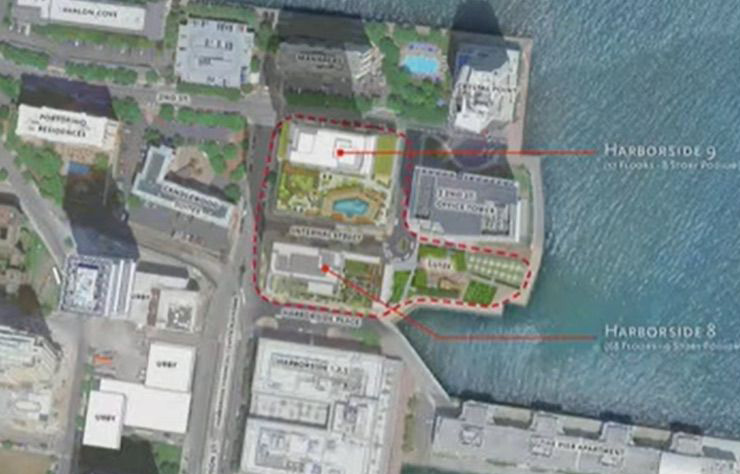Question of the Month: What can a property owner expect now that the New York State eviction “moratorium” has ended? - by Jeffrey Seiden

What can a property owner expect now that the New York State eviction “moratorium” has ended?
The last two (2) years have been a challenge for the entire real estate industry due to the COVID-19 pandemic, court restrictions, and moratoriums. The law office of Borah, Goldstein, Altschuler, Nahins, & Goidel, P.C. has been fully operational throughout the pandemic assisting our clients to navigate these challenges and providing a high level of legal representation both in person and virtually.
One of the major challenges property owners faced during the pandemic was enforcing the payment of rent as well as the ability to recover possession of their real property. The COVID-19 Emergency Eviction and Foreclosure Prevention Act of 2020 and COVID-19 Emergency Protect Our Small Business Act of 2020, were passed by the New York State Legislature to serve as a moratorium against the enforcement of a property owner’s rights against a tenant. These laws permitted a tenant to submit a “hardship declaration”, which would stay any proceeding to recover possession against the tenant for any reason, with limited exceptions.
Both of these laws expired on January 15, 2022. This was welcome news for property owners who throughout the pandemic were expected to continue to provide housing and services without the ability to enforce payment for these services.
Residential and commercial eviction proceedings may now proceed in their normal course, with the prime exception being if a residential tenant has an Emergency Rental Assistance Program (ERAP) application still pending, then the proceeding would be stayed pending the determination of the application. Currently, there is no such exception for commercial tenants.
Since the expiration of the moratorium, courts are now accepting filings without any restriction as well as scheduling cases that were previously on hold due to the pandemic. It is important that you contact us immediately to determine the appropriate action based on the facts of the case. There are a variety of options a property owner can avail themselves of in order to enforce its rights against a renter who is not paying their rent or has breached their lease.
While it will take some time for the courts to get through the backlog of cases that resulted from the moratorium, cases are being heard on a “first come, first serve” basis both virtually and in person. It is our recommendation that you do not wait to commence a non-payment proceeding. For a commercial tenant, it is especially important that we review the lease, as there may be additional remedies you can utilize in order to enforce payment and/or recover possession.
If your tenant has breached their lease and/or the lease has expired and you want to recover possession, the expiration of the “moratorium” has facilitated commencing those proceedings. During the moratorium, additional service requirements were instituted due to the mandate that all predicate notices be served with a copy of the hardship declaration in English and the tenant’s primary language. These requirements are no longer in effect.
During the pandemic, many property owners were forced to rent their free-market apartments with rent concessions. Real Property Law Section 226-c requires that if the property owner elects not to renew the lease or raise the monthly rent by more than five percent (5%), a notice must be served notifying the tenant of the property owner’s intention. The timing of the notice depends on how long the tenant has been in possession of the premises. We have been assisting many of our clients with complying with this requirement so that they can properly charge these increases and/or recover possession.
Due to our diverse practice and our ability to achieve results for our clients, we continue to be fully staffed and available to our clients. In addition to residential and commercial landlord/tenant law, our practice arrears include administrative law, cooperative and condominium law, DHCR/rent regulation, commercial leasing, judgment collection and enforcement, loft law, real estate transactions, and supreme court litigation. The attorneys at Borah Goldstein are here to guide you through these tough times and assist you in any way we can. If you have any questions, please do not hesitate to contact us.
Jeffrey Seiden is a senior partner at Borah, Goldstein, Altschuler, Nahins & Goidel, P.C., New York, N.Y.
Berger and Koicim of Marcus & Millichap sell 17-unit multi-family for $8.8 million


AI comes to public relations, but be cautious, experts say - by Harry Zlokower

Lasting effects of eminent domain on commercial development - by Sebastian Jablonski

Behind the post: Why reels, stories, and shorts work for CRE (and how to use them) - by Kimberly Zar Bloorian









.jpg)

.gif)